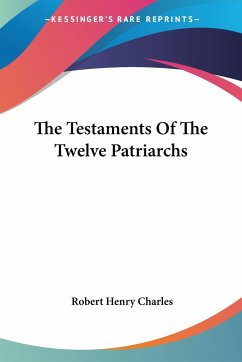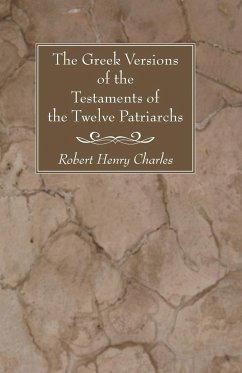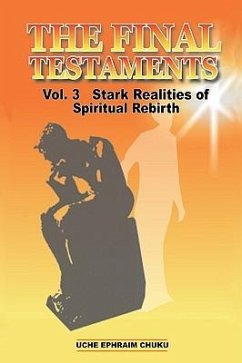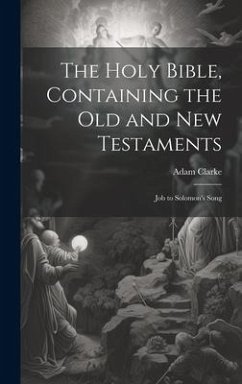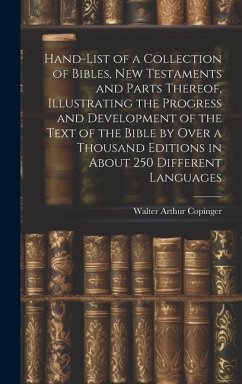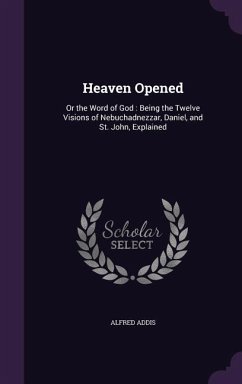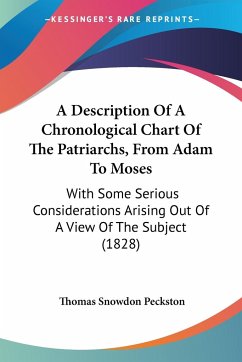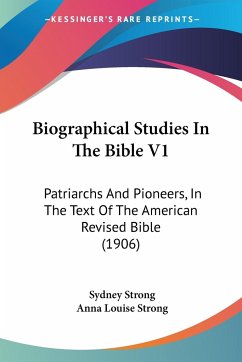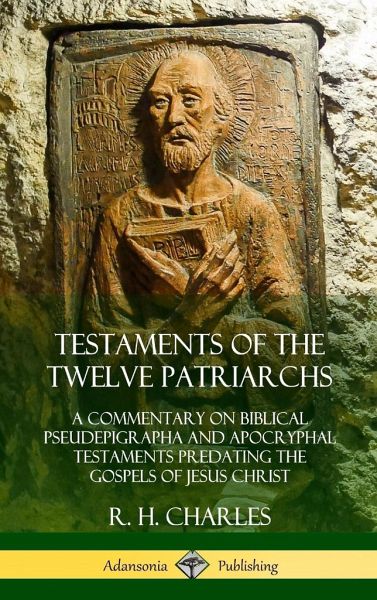
Testaments of the Twelve Patriarchs
A Commentary on Biblical Pseudepigrapha and Apocryphal Testaments Predating the Gospels of Jesus Christ (Hardcover)
Versandkostenfrei!
Nicht lieferbar
R. H. Charles interprets the words of the twelve patriarchs, a pseudepigraphical work which offers insight on the spiritual perspectives and dialogue between members of the twelve tribes of the Old Testament. The testaments are famed today for containing apparent references to the arrival of Jesus Christ, as well as parallels with the Gospels. Robert Grosseteste, a 13th century theologian and philosopher who discovered the texts, accused Middle Eastern scholars of concealing the writings given the apparently prophetic references to Jesus' arrival on Earth. A fine companion to Biblical readings...
R. H. Charles interprets the words of the twelve patriarchs, a pseudepigraphical work which offers insight on the spiritual perspectives and dialogue between members of the twelve tribes of the Old Testament. The testaments are famed today for containing apparent references to the arrival of Jesus Christ, as well as parallels with the Gospels. Robert Grosseteste, a 13th century theologian and philosopher who discovered the texts, accused Middle Eastern scholars of concealing the writings given the apparently prophetic references to Jesus' arrival on Earth. A fine companion to Biblical readings, this book brings the scholarly skills of the author together with the ancient passages of wisdom. We gain an impression of life in the ancient world, and how humans employed faith in the Lord in the battle against sins and the throes of chaotic passions. Most importantly of all are the predictions in the Testament of Levi; thought to predate Christ's birth, several passages are comparable to the Book of Matthew.






